To play and know we are playing
By bertrecht 0 Comments
by Robert Albrecht (from chalanteur.com)
It is no easy task to establish common ground between my two greatest passions: meditation and video games. One revolves entirely around observation and passivity, while the other is explicitly interactive. One asks for your patience and understanding, the other your motor skills and desire for agency and progress. And as far as I know, you don't get any hot chievos for being on the cushion for X amount of minutes. I consistently ask myself where my love for video games fits into my every day practice of mindfulness and intentional living and vice versa.The more ravens that surround you while practicing, the more you know it's working.

In truth, for most people consuming any form of entertainment based media, especially video games, it's generally an act of escapism. To be transported into a fictional universe, to have one's disbelief suspended in exchange for amusement and diversion is a practice as old as time. Meditation, at least as it is traditionally understood, could not be any further from that. The act of sitting and focusing on the breath, observing thoughts as they come, understanding them and letting them pass takes courage. Not the kind of courage displayed by Commander Shepard as he leads his crew on their suicide mission against the Harvesters, nor is it akin to the bravery and sacrifice of The Boss as she faces Naked Snake in that flowery field of fate. Meditation requires the courage to face one's self and accept it. It is diametrically opposed to escapism. It is the act of not allowing your mind to elope with any thought in particular, but to stay centered on a focal point and allow the terrors of the mind to get close enough that they brush shoulders with you before fading into nothing. Both involve facing nemeses of a sort, but despite several attempts, I will never be able to fully CQC my generalized anxiety and panic into submission.
To our modern, objective-based minds, this can be irritating. No matter how precise and masterful our muscle memory allows us to be, we cannot win the game of life. I am fully cognizant of the vast chasm between these two worlds I live in. On the one hand, when I'm playing games I tend to be a bit of a completionist. Earning every last trophy is an impressive feat, but I need to always be aware that no matter how many trophies or how much gamer score I accumulate, I will never be fully satisfied. No place are we taught this more than on the cushion. It's there we take a moment to focus our mind and observe just how voracious and insatiable desire can be.
You cannot vanquish a thought like you would a foe in a game. The more you struggle and wrestle with your emotions, the more they control you. Imagine a boss fight in which the enemy's only weak point is its ego and is defeated only by being disregarded. It sounds ridiculous and would make for a rather anti-climactic sequence, but that is precisely how a negative thought is bested. It must be deprived of legitimacy. The act of attacking an enemy in a game by definition demonstrates their worth to you. Perhaps they have something that you want or maybe their existence endangers the ones you mean to protect. As frustrating as it can be from the perspective of our very go-getting generation, a practitioner of mindfulness meditation should never sit with a goal or reward in mind. Expectations and aspirations have no place on the cushion. One must only be cognizant of stressors and avoid engaging them.
There is however, a common thread loosely tangled between these two activities. Any gamer who appreciates the quick access to a "Retry" button knows this first similarity well. Both meditation and video games are tremendously forgiving. Each time you miss the K in your S-K-A-T-E combo, you simply begin again. Now, the the "try" in retry is a bit of a dirty word in meditation circles, but the same principle applies to being mindful. Each time your mind drifts away with the breeze of an incoming thought, all one must do is smile, press Start and select "Retry Mission". There is an insubstantial nature to both activities. Sure, we've all thrown a controller at the screen following a failure, but rarely do games truly put us face to face with permadeath situations. There may be some backtracking and repeat encounters before you get back to where you were when you failed, but you'll get another shot. That is perhaps a point in favor of meditation in terms of being easy. Once you restart on that breath, you're already back where you were. You have unlimited lives, and the only decision you have to make is to keep selecting "Continue".
Meditation, being steeped in mystical and spiritual myth, certainly does make its appearances in video game fiction, albeit in vastly different contexts and levels of solemnity.

There is of course the White Wolf, Gwynbleidd, also known as Geralt of Rivia whom is well known for his affinity for sitting with the breath. It has been a mechanic of the game of varying utility throughout all three installments. In the original, Geralt was limited in his ability to meditate by being near a bonfire or perhaps in the home of a friendly NPC. It was very much an act of restoration and preparation. It is here alone that Geralt is able to create potions, bombs, and allocate skill points. In a sense, meditating is the only time in which Geralt can take what he has gained passively in real life experience and fully apply it to himself. This is ironically almost the exact opposite of the role of real life meditation. We develop the brain power in a passive state while meditating to be able to face everyday situations actively and with equanimity. The application and productivity comes in the form of remaining balanced through your day to day tasks. I also imagine it would be difficult to brew potions with one's eyes closed.
In addition to his health and endurance being restored, he will also be cleared of any toxicity or intoxication. One quick note: if you've ever successfully meditated while drunk or hung over, maybe you should be out there slaying monsters rather than reading this. In Assassin of Kings and The Wild Hunt, the only real change is that Geralt is able to meditate anywhere as long as there aren't any enemies around. In the Wild Hunt specifically, it will automatically refill your potions, though at higher difficulties will not restore your health. Regardless of the actually utility of meditation in-game, the idea of sitting seiza style with two swords strapped on your back is straight up samurai shit.
Meditation is also found in many MMOs which feature monks or similar caster classes. In Everquest, for example, Meditate is a passive magic skill used by all casters to more quickly regenerate mana whenever sitting still AND increasing the speed with which they are able to memorize spells. There is a clear understanding by the developers of the equanimity, resilience and clarity of thought gained when one is deep in their practice! Or maybe it was just a convenient name for a skill to buff those glass-cannon casters. Who knows? Unfortunately for most MMO players, however, the requirement of standing still likely means they'll never feel the benefits as jumping incessantly is a common side-effect of Adderall and Mountain Dew usage.

Or maybe you'll remember Poo's Mu Training in Earthbound, which is perhaps the most accurate (if a bit terrifying) depiction of meditative practice in games. Mu ( 無 in Japanese, meaning nothingness or nil) is a special martial arts training in which Prince Poo must participate. Upon beginning his practice up on a cliff, he is bombarded with distractions and strange messages (mostly involving asking permission to remove his limbs and sensory organs) through which his focus must persevere. If you don't latch on to these crazy thoughts and images coming at you, you emerge victorious from this particular vignette. We should all learn to be more like Poo.
Meditation and Video Games are two very different things, but they both play incredibly important roles in my life. In the spirit of mindfulness, I believe it is of course important to always play games with an active mind, never simply absorbing them mindlessly to fill the void. There are times when I believe the imaginative world of electronic media could even be used to enhance our meditative practice. Especially with the increasing popularity and feasibility of virtual reality for the average consumer, it is interesting to imagine the sort of experiences one could design to perhaps teach about and visualize meditation through immersive experiences. Even still in the 2D world, as I planet hop aimlessly in No Man's Sky, for example, the constant assault of sentries on hostile planets evokes vivid parallels to the vociferous nature of our fleeting thoughts. If only there was a multi-tool with which to destroy negativity; unfortunately such devices are not currently in existence (well lobotomies and all that, but that's a real scorched earth policy, yikes).
So maybe it's not possible as of now to combine meditation and video games in any meaningful way. That doesn't mean we can't be MINDFUL and glean insight while we're playing. As long as we are always engaged in the activity at hand, we can deepen our understanding of the true nature of things from just about any activity--even playing the silliest of games. So keep playing and know that you're playing. Don't let it become just mindless escape for you. Love your video games and give them the attention they deserve.
When it comes to our mission to transcend suffering, the princess is ALWAYS in the other castle. Understanding and experiencing that is nibbana.

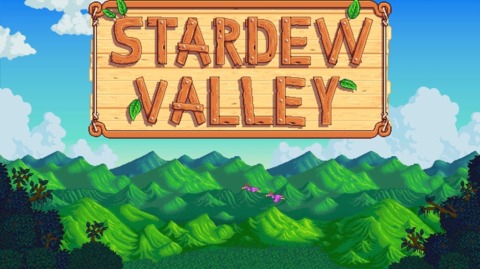
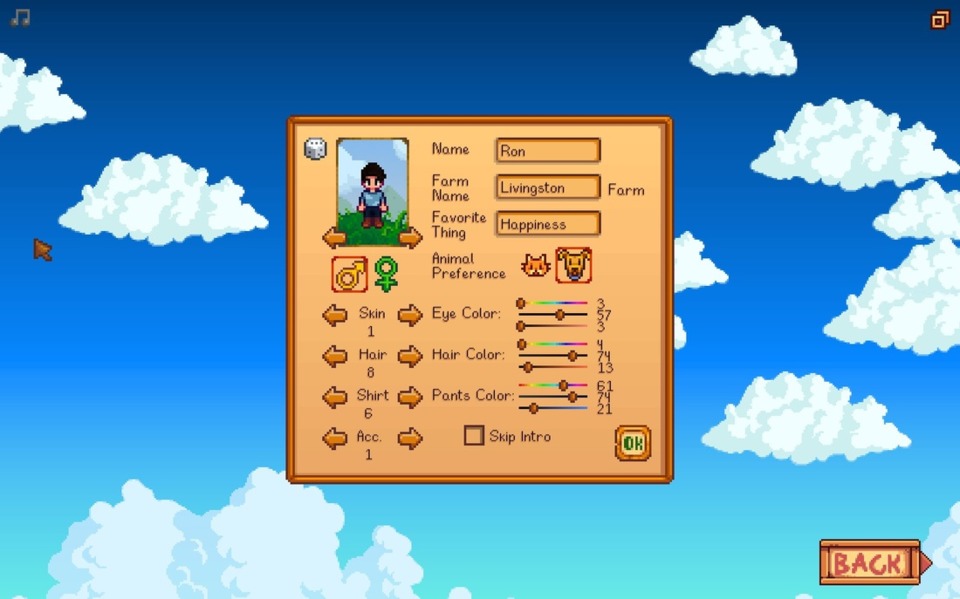
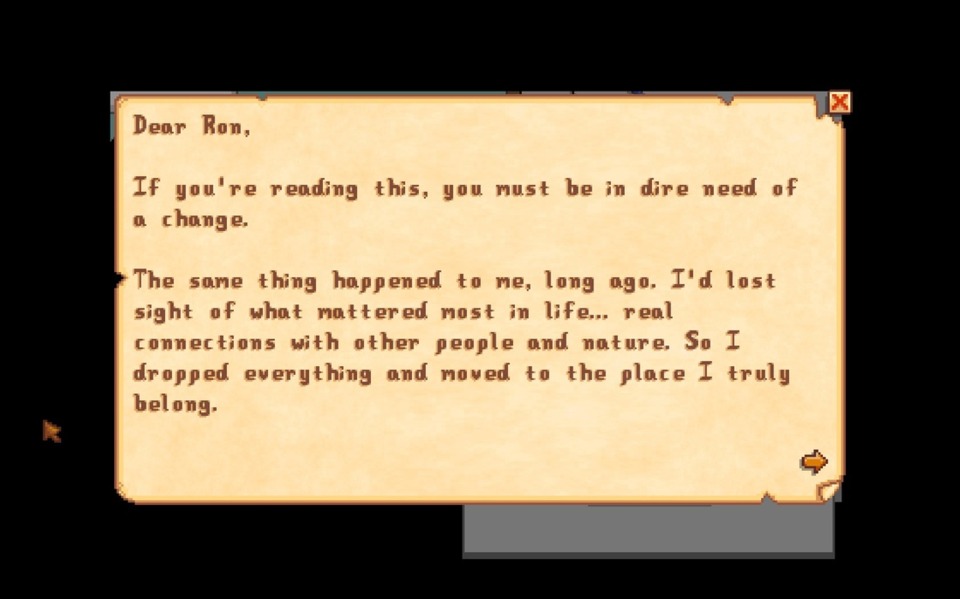

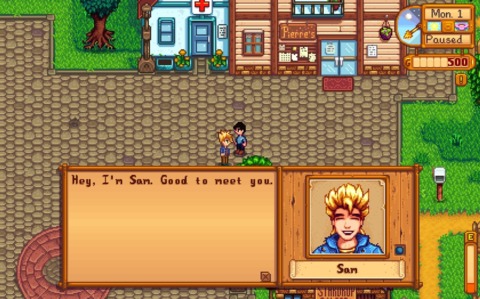
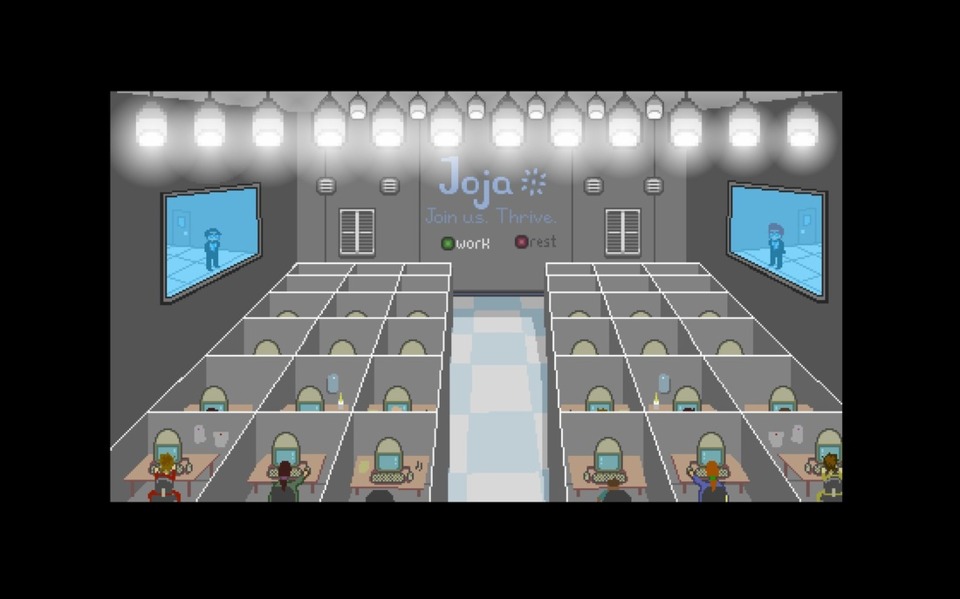
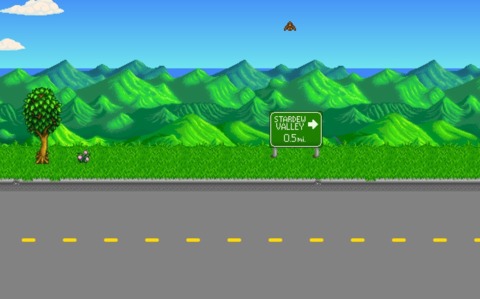
Log in to comment